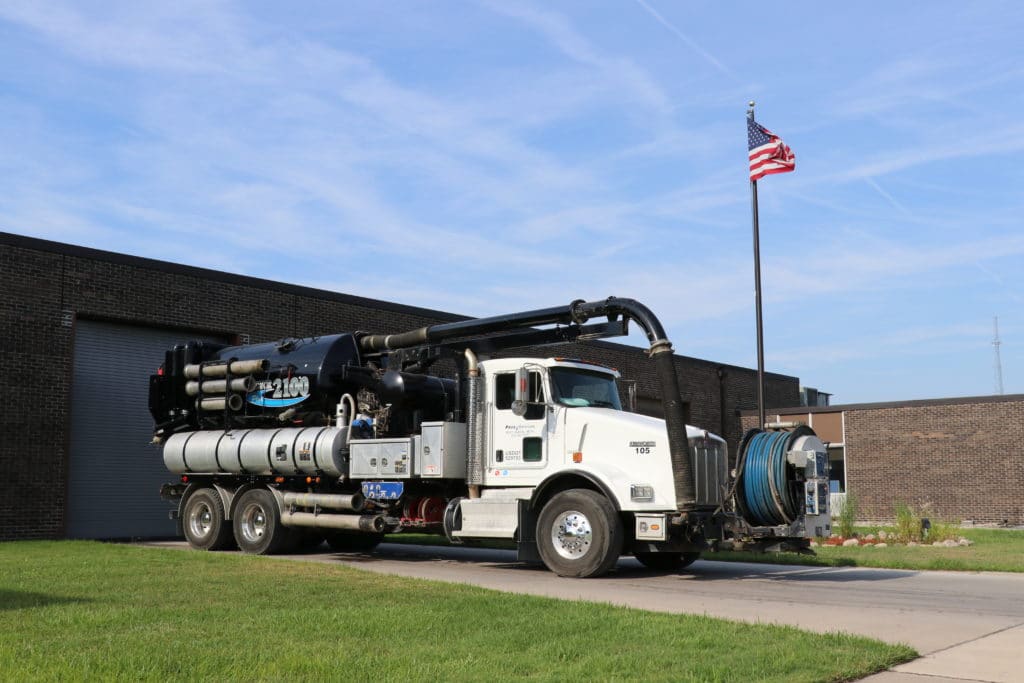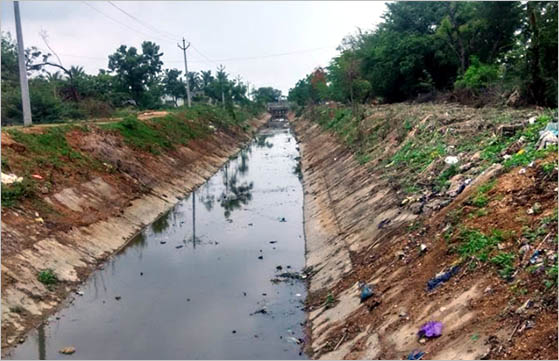Expert Liquid Waste Removal Melbourne: Fast and Budget-friendly Services
Expert Liquid Waste Removal Melbourne: Fast and Budget-friendly Services
Blog Article
Recognizing the Comprehensive Process of Liquid Waste Disposal: Best Practices and Environmental Effect Factors To Consider
The administration of liquid waste disposal is a multifaceted concern that needs a comprehensive understanding of various finest practices and their connected environmental influences. From the types of liquid waste created to the methods utilized for collection, treatment, and final disposal, each action plays a vital function in guarding communities and public health and wellness.
Types of Liquid Waste
Recognizing the different kinds of fluid waste is vital for reliable management and disposal methods. Fluid waste can be broadly categorized right into numerous types, each needing special handling and therapy methods.
Industrial fluid waste often consists of unsafe materials, including heavy steels, solvents, and chemicals, produced throughout manufacturing procedures. These wastes demand rigorous regulative compliance to safeguard human health and the setting. Domestic liquid waste mainly refers to wastewater produced from families, consisting of sewer and greywater, which, although less harmful, can still present substantial risks if improperly managed.
Agricultural liquid waste, including overflow from ranches, often contains fertilizers and pesticides that can result in environmental degradation if not treated properly. Medical liquid waste, generated from healthcare centers, consists of infected fluids such as bodily fluids and chemicals, requiring specialized disposal approaches to stop infection and ecological contamination.
Last but not least, oil and oil waste, typically produced by restaurants and automotive industries, can cause extreme clogs in sewer systems if not handled correctly. Understanding these classifications promotes targeted techniques for treatment, conformity with laws, and effective disposal approaches, inevitably promoting ecological sustainability and public health safety and security.

Collection Techniques
Efficient collection approaches are crucial for the proper administration of fluid waste, guaranteeing that it is gathered securely and efficiently prior to treatment or disposal. Various strategies are utilized depending on the kind of liquid waste generated, the quantity, and the specific features of the waste.
One typical method is making use of devoted collection containers or sumps, which are developed to catch liquid waste at the source. These systems often integrate pumps that help with the transfer of waste to larger storage containers or therapy facilities. Furthermore, mobile collection units outfitted with vacuum modern technology are employed in circumstances where waste is generated periodically or in hard-to-reach areas.
For industrial settings, closed-loop systems can properly lessen leaks and spills, permitting the recuperation and reuse of liquid waste. It is likewise necessary to train workers on proper collection protocols to minimize threats associated with harmful materials.
Additionally, carrying out normal upkeep schedules for collection equipment makes sure ideal performance and safety and security. The integration of advanced monitoring systems can improve collection efficiency by supplying real-time information on waste degrees and possible dangers. Generally, efficient collection approaches are fundamental to sustainable fluid waste monitoring techniques.
Therapy Procedures
Treatment procedures play a crucial duty in the monitoring of liquid waste, changing possibly dangerous materials into secure effluents or reusable sources - liquid waste disposal. These processes can be extensively categorized into physical, chemical, and organic approaches, each customized to attend to certain pollutants existing in the waste stream
Physical therapy approaches, such as sedimentation and filtering, work by eliminating suspended solids and particle matter. These strategies are typically the primary step in the therapy chain, successfully reducing the load on succeeding processes. Chemical treatments entail using reagents to neutralize harmful materials, speed up heavy steels, or oxidize organic toxins, consequently enhancing the safety of the effluent.
Biological therapy processes, including turned on sludge systems and anaerobic digestion, maximize the natural capacities of microbes to deteriorate raw material. These techniques are specifically effective for wastewater having naturally degradable toxins. Advanced therapy technologies, such as membrane layer purification and advanced oxidation procedures, are progressively used to accomplish greater levels of purification.
Incorporating a mix of these therapy methods not only makes sure conformity with regulatory standards however likewise advertises ecological sustainability by recovering important resources from fluid waste.
Disposal Options
Just how can companies make certain the accountable and risk-free disposal of fluid waste? Efficient disposal alternatives are crucial for protecting public health and wellness and the setting. The key approaches consist of land disposal, incineration, and treatment followed by discharge right into community wastewater systems.
Land disposal entails the cautious containment of liquid waste in designated land fills, making sure that it does not leach into bordering dirt or water. Incineration, on the various other hand, subjects liquid waste to heats, converting it into ash and gases, which require appropriate filtration to reduce emissions. This technique appropriates for contaminateds materials that can not be treated via traditional methods.
In instances where liquid waste can be treated, organizations might go with chemical or biological therapy procedures to counteract unsafe parts before discharging the dealt with effluent into municipal systems. This course normally straightens with governing requirements, ensuring that the read here effluent fulfills safety standards.
Inevitably, companies need to perform thorough evaluations of each disposal choice to establish its viability, considering variables such as waste structure, regulatory conformity, and potential risks to wellness and the atmosphere. By picking suitable disposal methods, services can contribute to a liable waste management method.
Environmental Impact
The ecological effect of fluid waste disposal is a vital factor to consider for organizations seeking to lessen their eco-friendly impact. Additionally, the discharge of without treatment or improperly treated waste into surface waters can result in eutrophication, leading to oxygen exhaustion and the subsequent fatality of fish and other microorganisms.

To mitigate these impacts, organizations should embrace best methods such as executing strenuous waste therapy procedures, promoting recycling and reuse, and sticking to regulative requirements. By taking a positive approach to liquid waste monitoring, entities can dramatically minimize their ecological footprint while sustaining lasting advancement goals. Eventually, a thorough understanding of check over here the ecological influences related to liquid waste disposal is crucial for educated decision-making and liable stewardship of all-natural resources.
Final Thought
Effective monitoring of fluid waste is critical for securing ecological honesty and public health. By adopting ideal practices in treatment, collection, and disposal, along with adherence to governing criteria, the possibility for dangerous contamination of communities can be considerably decreased. Continuous innovations in modern technology and procedures add to lasting waste monitoring efforts. Inevitably, a detailed understanding of fluid garbage disposal not just reduces ecological influences however additionally fosters a commitment to responsible important source source management and environmental stewardship.
The administration of fluid waste disposal is a complex issue that requires a complete understanding of numerous finest practices and their connected ecological influences. From the kinds of fluid waste created to the methods used for collection, therapy, and last disposal, each action plays a critical duty in securing ecosystems and public health.The ecological influence of liquid waste disposal is a crucial consideration for organizations seeking to minimize their eco-friendly footprint. Ultimately, an extensive understanding of the ecological impacts associated with fluid waste disposal is necessary for educated decision-making and liable stewardship of all-natural resources.
Eventually, a detailed understanding of liquid waste disposal not only alleviates ecological influences yet likewise fosters a dedication to liable resource management and ecological stewardship.
Report this page